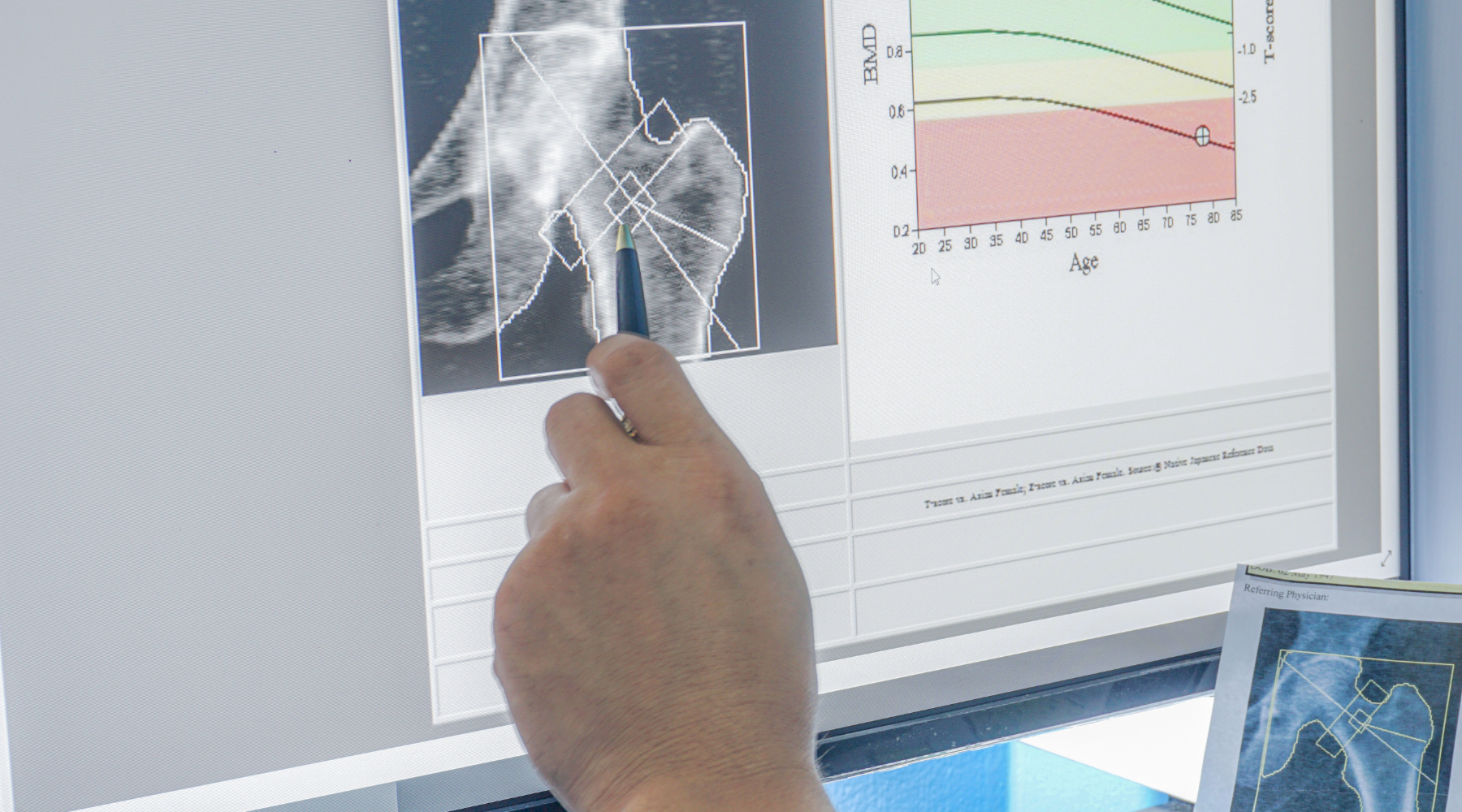Each week, OMRF Vice President of Research Dr. Rod McEver opens “Adam’s Journal” to answer a medical question from Adam Cohen, OMRF’s senior vice president & general counsel.
Adam’s Journal
Here’s a question from a coworker:
I recently had a bone density scan. My results were normal, but due to family history of osteoporosis, my doctor recommended I take vitamin D to keep the condition at bay. Now I’ve read the vitamin doesn’t do as much for bones as once thought. What gives? Is there harm in taking the supplement anyway?
Jenny Lee
Oklahoma City
Dr. McEver Prescribes
Our bodies break down and replace bone tissue over our entire lives. Osteoporosis occurs when new bone creation can’t keep up with old bone removal.
In a person with osteoporosis, bones become weak to a point where a fall, or mild stresses such as coughing or bending over, can result in a bone fracture. These fractures most commonly occur in the hips, spine and wrists.
Vitamin D aids the body in absorbing calcium, a mineral our bones need to stay healthy. For decades, health care providers have advised those at risk for osteoporosis to take a daily supplement of the so-called sunshine vitamin. But there’s scant evidence it’s effective at protecting bone health, and recent research published in The New England Journal of Medicine calls this further into question.
The study was the first large, randomized U.S. trial of vitamin D supplementation. Researchers at Harvard Medical School followed nearly 26,000 middle-aged and older adults for roughly five years. They found that study volunteers who took 2,000 IU of vitamin D per day (commonly available in a single tablet) didn’t have a significantly lower risk of fractures than those who took placebo.
However, the scientists didn’t specifically assess how the supplements impacted bone density or osteoporosis.
Although the jury remains out on whether vitamin D can help prevent osteoporosis, taking a daily supplement won’t harm you. And for bone health, be sure to stay physically active with weight-bearing activities such as walking, hiking and opting for stairs over elevators.
–
Do you have a health query for Dr. McEver? Email contact@omrf.org and your question may be answered in a future column!



